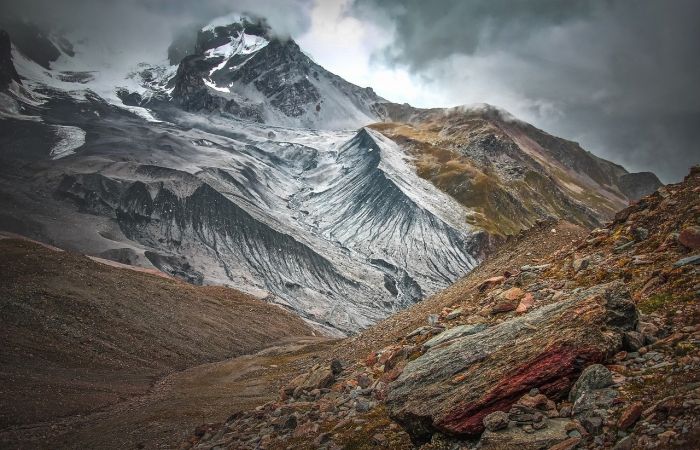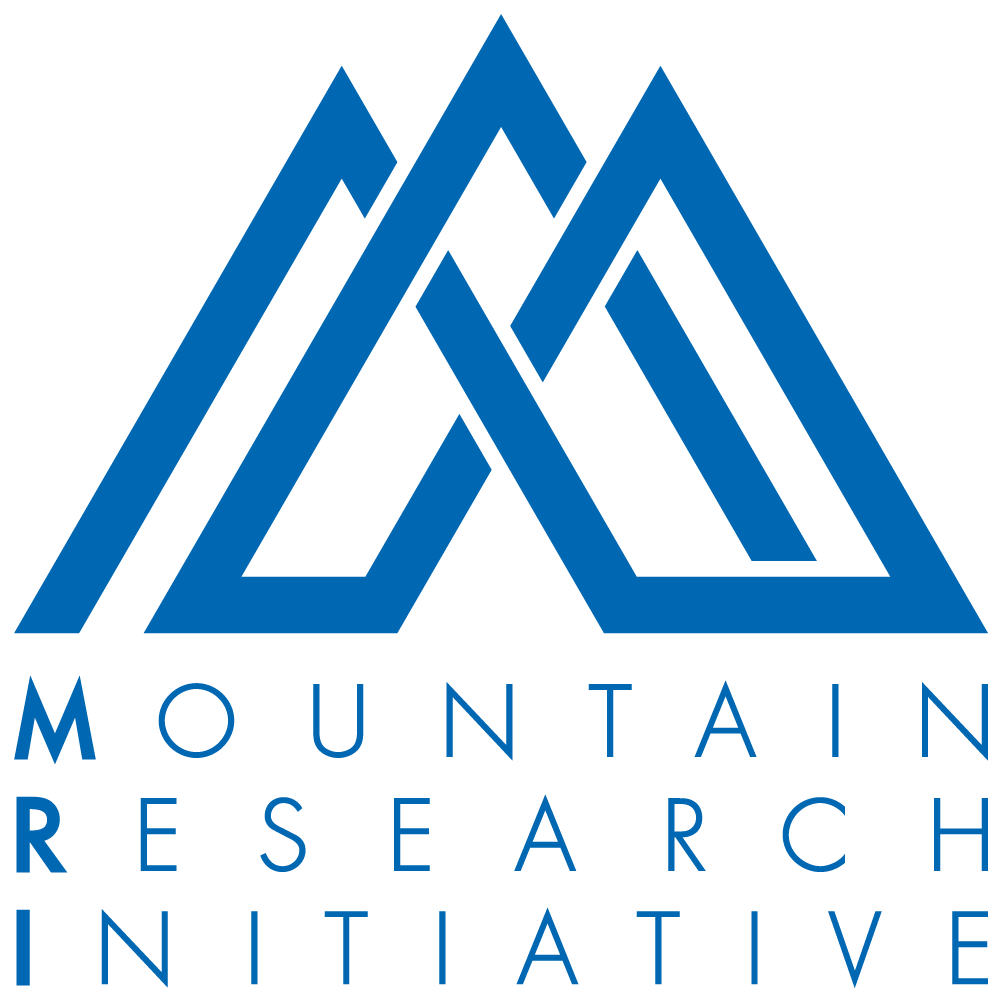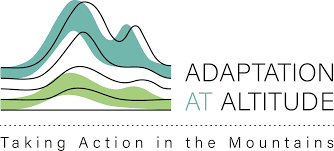Past Global Changes 6th Open Science Meeting & 4th Young Scientists Meeting: 'Learning From The Past For A Sustainable Future.'
This Open Science Meeting (OSM) and the associated Young Scientists Meeting (YSM) are the premier scientific events of Past Global Changes (PAGES), which is a Global Research Project of Future Earth and a scientific partner of the World Climate Research Programme and World Data Service for Paleoclimatology.
Due to the continuing uncertainties related to the COVID-19 pandemic, it is with great regret that the 6th Open Science Meeting (OSM) and 4th Young Scientists Meeting (YSM) will not be taking place on-site in Agadir, Morocco, in May 2022 as originally planned.
However, the local organizers, the PAGES SSC and the EXCOM, have decided to hold the event online.
As information and updates are confirmed, they will be communicated on the PAGES OSM/YSM website, as well as the PAGES website.
MRI & GEO Mountains at PAGES OSM
Past Climates in Our Changing Mountains: Contributions From the Paleoscience Community
Co-conveners: Elisa Palazzi, Bryan Mark, Aster Gebrekirstos, Shawn Marshall, Rob Marchant, James Thornton, and Carolina Adler
The Group on Earth Observations (GEO) Global Network for Observations and Information in Mountain Environments (GEO Mountains) is a GEO Initiative launched in 2016 under the co-leadership of the MRI and ISAC-CNAR that aims to identify and make available transboundary and inter- and transdisciplinary environmental and social-ecological data and information on global change in mountains. This network, and data and information portal, is expected to facilitate access to key data and information to serve the needs of diverse users, from the research community for studies applicable to global assessments, such as the IPCC, to local, national, and regional managers and decision-makers working in mountains. To date, GEO Mountains has mostly worked to identify and access data, datasets, and information gathered from observed in-situ or remote sensing Earth-observation sources in order to better understand key processes in mountains, such as elevation-dependent warming or elevation-dependent climate change, and also as a basis to perform process-oriented evaluation and validation of climate models. The GEO Mountains focus has thus been on the recent (instrumental) past and future climate evolution in global mountains. However, knowledge of the past evolution of the Earth's climate in mountains is also crucial, where proxies that cover longer timescales hold promising potential to not only better quantify the nature and extent of dynamics at play in high-altitude regions, but also to improve our understanding of these processes and thereby put the current and projected climate conditions in mountains into perspective.
With this session, GEO Mountains aims to explore, identify, and establish links with existing paleoclimate scientific research communities, specifically those working in mountain regions and with paleoscience databases. Session contributions will focus on paleoclimate reconstructions in mountains from diverse sources (non-polar ice cores, mountain lake sediments, peat bogs, dendrochronology, archaeology, glacial geology, etc.) and from diverse geographical areas around the world. As a key outcome of the session, we seek to identify and establish joint collaborations to support the development and compilation of relevant data, datasets, and information on mountains from a diverse suite of paleodata sources, thereby supporting GEO Mountains's data and information goals outlined in its 2020-2022 implementation plan.
Dendrochronology: A Flashlight Into an Elusive Past and a Tool for an Uncertain Future
Co-conveners: Aster Gebrekirstos, Shawn Marshall, Rob Marchant, Bryan Mark, and Carolina Adler
Climate change has become one of the biggest threats to nature and humanity. Today, we are witnessing humanitarian crises due to extreme weather events such as fire, floods, heat waves and increased frequency and intensity of dry spells. Predictions of climate change are characterized by a high degree of scientific uncertainty, especially in mountain ecosystems, due to the limited availability of long-term high-quality climate data and insufficient understanding of the physical processes of interacting atmospheric circulation patterns in model simulations. Such changes are recorded in the incremental proxy environmental records that grow or accrue annually, such as tree rings, lake varves, ice cores and speleothems. Tree rings and stable isotopes in tree rings are key terrestrial archives that provide insight into past climate and environmental variability at annual resolution from local to regional scales. Tree ring proxies are also important as indicators of plant physiological responses to changing climatic conditions and disturbance regimes. These records can be used for understanding long-term hydrological and ecological processes that are needed for developing appropriate management actions and policy decisions that benefit people's livelihoods, health, and the environment.
In session contributions, researchers will present their work related to dendrochronology and other incremental proxy records from mountain and other environments. Submissions using multi-proxy measurements (ring width, stable carbon and oxygen isotopes, and wood anatomical techniques) and studies linking different proxy records (such as glaciology, lake sediments, etc.) to dendrochronological records were encouraged, and applications to long-term climate reconstructions, trends, and atmospheric circulation patterns, ecology, hydrology, and ecosystem modeling at different temporal and spatial scales were particularly welcome. In this session, we will also discuss the development of tree-ring-based and other incremental proxy networks, especially regarding the need to advance dendrochronology research in Africa, where large-scale tree-ring-based data is lacking compared to other continents.
For any inquiries regarding the PAGES 6th OSM, please contact PAGES2021@uiz.ac.ma
For more information, please see the PAGES 6th OSM website.








